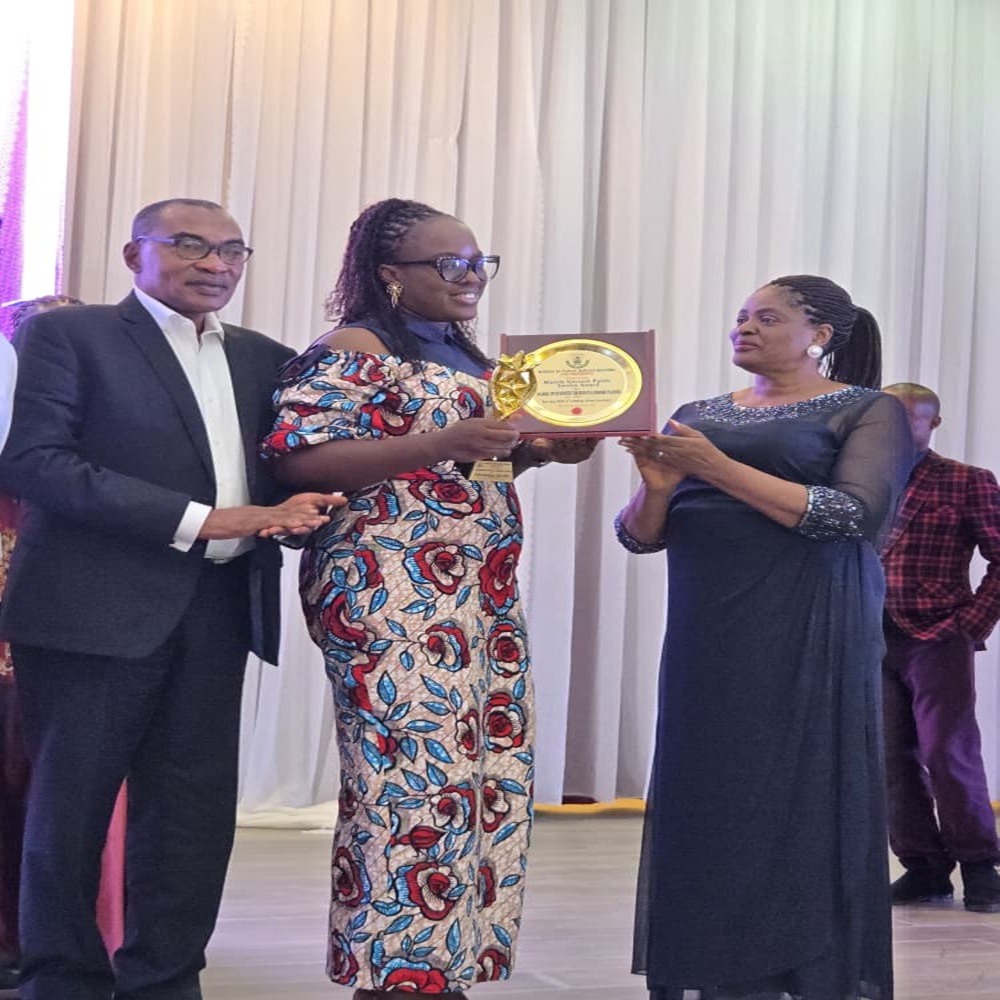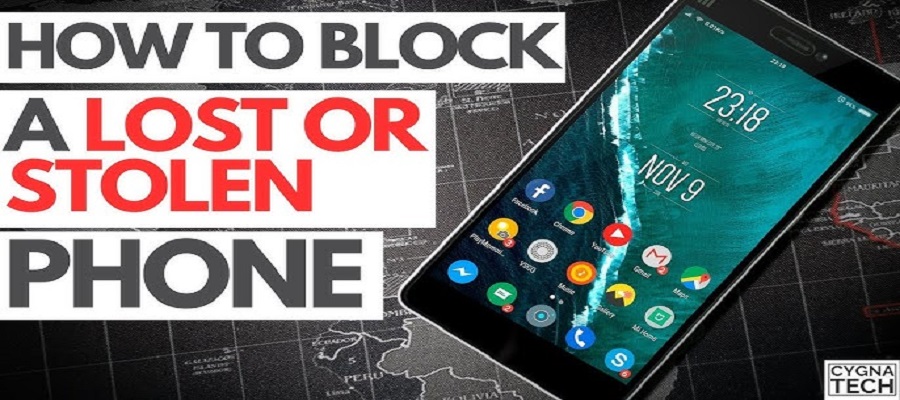Telecom
GSMA, IBM Partner to Accelerate AI Skills in Telecoms Sector

The GSMA and IBM announced a new collaboration to support the adoption and skills of generative artificial intelligence (AI) in the telecom industry through the launch of GSMA Advance’s AI Training program and the GSMA Foundry Generative AI challenge and program.

The AI training program, the first in a new series of courses by GSMA Advance, seeks to prepare telco leaders for the AI-era and bridge skills gaps in the telecom industry, by equipping members with skills and knowledge to help effectively leverage Gen AI technologies utilizing watsonx, IBM’s AI and data platform with AI assistants.
The training program, designed for telecoms leaders, will span a wide range of topics, from fundamental AI principles to specialized Gen AI applications in telecoms.
To ensure a wide-range of participants can benefit, GSMA Advance AI Training sessions will take place at IBM offices in five locations around the world in 2024, including Dubai, London, Mexico, New York and Seoul, and an online training program will be available in multiple languages.
A digital version of the program will be available to help address both the business strategy and technology fundamentals of Generative AI. This program will leverage IBM watsonx to deliver hands-on training designed to equip architects and developers with in-depth practical Gen AI knowledge.
The GSMA Foundry Generative AI program will provide GSMA members with access to IBM’s watsonx. This platform is intended to help telecom industry players explore innovative industry-specific use cases of Generative AI, enabling members to improve cost leadership, revenue growth and enhance customer experience.
As part of the ongoing collaboration GSMA Foundry and IBM will drive a series of Gen AI industry programs and challenges to investigate the use of Generative AI in various functional areas of a telecom provider.
Bridging the AI Adoption Gap
Through both the GSMA Advance AI Training and Foundry Gen AI programs, the GSMA and IBM will help address the gap in AI skills, training and tools, supporting GSMA’s commitment to operators of all sizes across the world.
IBM’s latest AI Adoption Index found 40% of telecoms surveyed are exploring or experimenting with generative AI, and 45% have accelerated the rollout of AI.
Research from GSMA Intelligence also shows that while 56% of operators surveyed are actively trialing generative AI solutions – at a rate higher than any other priority technology – adoption this is less prevalent amongst mid-sized and smaller operators surveyed.
Through this initiative, the GSMA and IBM aim to allow operators, including those supporting the world’s least connected communities, to benefit from AI technology, and develop new innovative and inclusive solutions to help connect those in society who are not yet online.
Generative AI holds tremendous potential to help improve all manner of operations and customer engagement. Specifically, generative AI can help transform customer care, IT and network optimization —all areas in which automation can notably help increase agility and efficiency.
Through their commitment to developing generative AI skills and training for the telecom industry, the GSMA and IBM want to enable mobile operators to provide better services and, ultimately, help more people benefit from digital connectivity.
“Artificial Intelligence provides the telecoms industry, and the societies it serves, with huge opportunities to launch new services, improve connectivity and customer experience. Overall, it’s estimated that AI could contribute $15.7 trillion1 to the global economy by 2030,” said Alex Sinclair, Chief Technology Officer at the GSMA.
“However, it’s critical that AI is democratized to ensure that all parts of the connectivity industry and their customers, wherever they are in the world, benefit. Bringing operators access to AI tools and knowledge, alongside the necessary skills, access and training, is key to achieving this.”
“As a world leader in AI for business, IBM will provide critical support to this training for the telecom industry through this collaboration with the GSMA,” said Stephen Rose, GM, Global Industries, IBM.
“Generative AI can create massive opportunities for communication service providers as they look to optimize current processes, and like the GSMA, our goal is to offer this technology within the industry, which we’re making possible through watsonx.”
GSMA Advance Training Launched to Tackle Telco Industry Skills Gap
The AI Training program is the first in a series of courses to be announced by GSMA Advance, the GSMA’s training organization, which also launched today. GSMA Advance aims to bridge skills gaps, foster innovation, and champion workforce diversity so that industries and societies thrive.
With a focus on next-gen learning and cutting-edge technologies, working in partnership with Award Solutions, IBM and Mpirical, the GSMA Advance’s range of courses spans diverse areas such as AI, cybersecurity, spectrum, policy, GSMA Open Gateway, and beyond.
With Mobile World Congress around the corner, the GSMA will share more on the future of the program and additional initiatives to address the AI skills gap.
Telecom
Anambra ICT Agency Celebrates GOVTECH Awards, Applauds Soludo’s Digital Vision

Chukwuemeka Fred Agbata, CFA, md/ceo of the Anambra State ICT Agency, has extolled Governor Charles Chukwuma Soludo, CFR, for his unwavering commitment to technology adoption in Anambra State, a vision that has positioned the state as a shining example of digital governance in Nigeria.

This recognition follows Anambra’s outstanding performance at the Nigeria GOVTECH Gala & Awards 2025, where the state clinched two prestigious honours at the Presidential Banquet Hall, Abuja.
The Anambra State Ministry of Budget and Economic Planning emerged as Best State MDA in Technology-Driven Governance, while the Anambra State Bureau of Public Procurement received the Excellence in Digital Public Procurement Award.
The Commissioner for Budget and Economic Planning, Chiamaka Nnake, and the DG of BPP, Okechukwu Ezeobi, also received Trailblazer Awards for exemplary leadership.
Speaking on the win, CFA commended his colleagues for working closely with the Agency to deepen technology adoption, and reaffirmed the ICT Agency’s commitment to powering the digital infrastructure that supports efficient and transparent government operations in line with Governor Soludo’s “Everything Technology, Technology Everywhere” mantra.
“These awards underscore what is possible when agencies work together with a shared vision,” CFA said. “The ICT Agency is proud to support and enable the digital systems that make such milestones possible.”
He further pledged that the Agency would sustain the momentum by expanding digital integration across government processes, ensuring that Anambra remains at the forefront of e-governance innovation in Nigeria and beyond.
Telecom
IHS Closes Deal to Sell Rwanda Operations

IHS Holding Limited (IHS Towers), an independent tower company, has completed the sale of 100% of Rwanda operations to Paradigm Tower Ventures.

First announced in May, the deal is worth $274.5 million, representing a transaction multiple of 8.3x adjusted EBITDA after leases, and includes about 1,465 sites.
According to IHS Towers, the sale of the company’s Rwanda operations is part of its strategic initiatives targeted at shareholder value-creation options following over ten years of commercial success in the East African country.
The acquisition IHS Rwanda will mark the first investment by Paradigm’s new Sub-Saharan African tower platform, whose focus is on the growth of new build shared wireless infrastructure across the region.
Paradigm is backed by a consortium of equity and debt finance providers, including Convergence Partners and Rand Merchant Bank, a division of FirstRand Bank Limited, who acted as mandated lead arranger, sole funder and financial advisor.
Stephen Harris, co-founder and chairman of Paradigm previously commented: “Rwanda represents an exciting market with high demand for shared wireless infrastructure. The Paradigm team is very much looking forward to building a strong customer focused business, providing high quality and secure infrastructure to mobile network operators.”
Telecom
NCC Launches DMS to Block Fake, Stolen Phones from Mobile Networks

Nigerian Communications Commission (NCC) has announced the implementation of a Device Management System (DMS) designed to block fake, cloned, and stolen phones from accessing Nigeria’s mobile networks.

The system, which has been in development for nearly a decade, will track mobile devices through their International Mobile Equipment Identity (IMEI) numbers across the country’s telecommunications networks.
The initiative follows Nigeria’s recent nationwide migration to the NINAuth digital ID verification platform, demonstrating the country’s commitment to modernizing its telecommunications infrastructure.
Operating through a Public-Private Partnership (PPP) framework, the DMS marks a significant step in regulating Nigeria’s telecommunications device market.
The initiative addresses the prevalent issue of counterfeit and unregistered phones in the country, where estimates indicate that up to 40 percent of mobile devices and tech gadgets are fake or substandard.
The challenge mirrors similar issues faced by other African nations, such as Uganda, which recently launched its own “Simu Klear” system to address counterfeit devices.
According to the NCC, the implementation will proceed gradually to minimize disruption to legitimate users. “Substandard and fake devices can be prevented from connecting to the networks due to the harmful impact these devices have on the quality of services and online safety of the users,” the Commission stated.
The IMEI-based tracking system builds on successful implementations in other regions, where similar technology has been used to recover lost and stolen devices.
The widespread presence of counterfeit devices in Nigeria has been attributed to various economic factors, including inflation, unemployment, and reduced purchasing power, which have led consumers to seek cheaper alternatives despite associated safety and security risks.
The risks include potential exposure to malware and security vulnerabilities, similar to recent incidents where banking trojans have targeted Android users through counterfeit applications.
Dr. Aminu Maida, executive vice chairman, NCC, has made the DMS initiative a key part of his broader regulatory agenda, which emphasizes protecting telecom assets and improving network quality.
The system supports the Commission’s focus on transparency, accountability, and infrastructure protection in Nigeria’s telecommunications sector, which serves over 200 million people.
The effort complements other recent security initiatives in the country, including PalmPay’s multi-layered security strategy to combat digital payment fraud.
The DMS implementation features several key components, including IMEI-based device identification and blocking capabilities, integration with existing network infrastructure, and coordination between public and private sector stakeholders to ensure effective enforcement.
The comprehensive approach reflects the growing importance of mobile device security in an era where authentication methods are rapidly evolving to counter sophisticated cyber threats.

 General News3 days ago
General News3 days agoIHS Nigeria Champions a Prosperous Nigeria through Digital Inclusion at NES #31

 E-Financial3 days ago
E-Financial3 days agoPolaris Bank Wraps Up 2025 Customer Service Week with Renewed Commitment to Customer Satisfaction

 News3 days ago
News3 days agoNITDA DG says Corps Members Catalysts for Technological Innovation

 E-Financial2 days ago
E-Financial2 days agoWeek Ahead: Nigeria CPI, US-China trade woes, big bank earnings

 Telecom3 days ago
Telecom3 days agoMTN Nigeria to Connect 8m Homes with Fibre Network by 2028

 E-Financial3 days ago
E-Financial3 days agoCBN Orders Banks to Refund Failed ATM Transactions within 24 Hours

 Telecom2 days ago
Telecom2 days agoTD Africa and HP Strengthen Partnership, Eye Expansion Across Africa

 E-Financial3 days ago
E-Financial3 days agoTelcos Are Becoming Banks for The Next 2Bn Customers

























